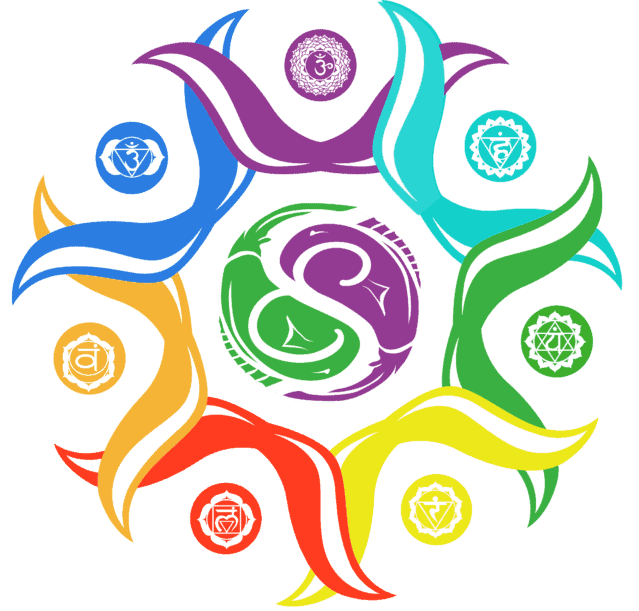Our Detox Centers In New Jersey
In the face of addiction, taking that first bold step towards recovery can feel daunting. The road to a substance-free life often starts with detox—a process that cleanses the body of addictive substances, paving the way for true healing.
At Enlightened Recovery, we understand the intricacies and challenges of this journey. With our state-of-the-art detox centers in New Jersey, we’re committed to guiding you safely and compassionately through every stage of the process. Ready to embark on a transformative path to recovery? Begin your journey with Enlightened Recovery today.
What is Drug and Alcohol Withdrawal?
Drug and alcohol withdrawal refers to the physical and psychological symptoms that arise when an individual dependent on a substance reduces or stops its consumption abruptly. These symptoms occur because the body has grown accustomed to the presence of the substance. Over time, the body adapts its normal functions to accommodate the substance.
When the substance is suddenly removed or reduced, the body struggles to readjust, leading to various symptoms. These can vary in intensity and duration, ranging from mild anxiety, irritability, and cravings to severe symptoms like seizures, hallucinations, and heart palpitations. The exact nature and severity of withdrawal symptoms often depend on the specific substance, the duration of use, the amount regularly consumed, and individual physiological factors.
Importance of Medical Detox for Drug and Alcohol Withdrawal
Withdrawal is the body’s reaction to the abrupt cessation or reduction of a substance it has become accustomed to. These symptoms can range from mild irritability or insomnia to severe, life-threatening conditions like seizures. Here’s where medical detox comes into play:
- Safety: Drug detox in New Jersey and alcohol detox in New Jersey offer medically supervised environments. Here, individuals are closely monitored, ensuring their safety during the potentially dangerous stages of withdrawal.
- Reduction of Withdrawal Symptoms: With the aid of medical professionals, the intensity of withdrawal symptoms can be mitigated, offering relief and making the process more bearable.
- Prevention of Relapse: The cravings experienced during withdrawal often lead to relapse. In a medically supervised setting, patients are supported, both mentally and physically, reducing the likelihood of a relapse.

Services Provided at Medical Detox Centers
Detox programs in New Jersey are not a one-size-fits-all; they offer a gamut of services tailored to meet individual needs:
- Medication-Assisted Treatment (MAT): These are pharmaceutical interventions used to ease withdrawal symptoms and reduce cravings. For instance, someone in opioid withdrawal might be administered methadone or buprenorphine under close observation.
- Counseling and Therapy: While the physical aspect of addiction is addressed, the psychological component is equally important. Patients often engage in both group and individual therapy sessions to deal with underlying issues related to addiction.
- Nutritional Guidance: Substance abuse can lead to malnutrition. Detox centers often provide nutritional guidance to help rejuvenate the body.
- Holistic Therapies: Many centers integrate holistic approaches, such as yoga, meditation, or acupuncture, to promote overall wellness.
Duration of Withdrawal
The withdrawal duration varies depending on the substance involved, the length of time a person has been using the substance, the amount used, and individual physiological factors.
Typically:
- Alcohol: Symptoms can start as early as 6 hours after the last drink, peaking within 24-48 hours and may last for weeks.
- Opioids (like heroin and prescription painkillers): Withdrawal starts within 12 hours of the last dose, peaking within 24-48 hours, and can last a week or more.
- Stimulants (like cocaine and methamphetamines): Symptoms usually start within a few hours to days after the last use and can last for weeks.
- Benzodiazepines: Withdrawal can be especially dangerous and might start within a day or more after the last use. It can last for several weeks or even months.
A key advantage of detox programs in New Jersey is their understanding of these timelines and their capacity to provide appropriate care.

Psychological Side Effects of Drug and Alcohol Withdrawal
The psychological side effects of drug and alcohol withdrawal are significant. In some cases, they can be more severe than the physical manifestations. As the body detoxifies, the brain, which has become reliant on the substance to regulate mood and thought processes, grapples with a new normal. This can lead to a cascade of emotional and cognitive symptoms.
Individuals may experience heightened anxiety, depression, mood swings, irritability, and intense cravings for the substance. Additionally, disturbances in sleep patterns, such as insomnia or vivid dreams, can exacerbate mental distress. Some may also encounter cognitive disruptions, including concentration difficulties, memory problems, and clouded judgment. In more severe cases, withdrawal can lead to hallucinations, paranoia, and even suicidal thoughts.
These psychological effects highlight the profound impact of substances on the brain’s equilibrium and underscore the importance of professional support during detoxification. At Enlightened Recovery, we provide dual diagnosis treatment options for those struggling with psychological symptoms.
The Importance of Continuation of Care Following Detox
Detox is merely the first step in a long journey to recovery. Without follow-up care, the risk of relapse is significantly heightened.
- Transition to Rehabilitation: Post-detox, it’s paramount that individuals transition into a comprehensive rehabilitation program. This allows them to delve deeper into the root causes of their addiction, acquire coping strategies, and build a sober network.
- Outpatient Programs: These offer a continuation of therapy and support while allowing the individual to reintegrate into society gradually.
- Sober Living Homes: These environments support sobriety and are especially beneficial for those who might not have a conducive home environment.
- Aftercare Programs: Regular check-ins, group meetings, and continued counseling are components of aftercare that ensure long-term sobriety.
- Alumni Networks: Connecting with individuals who have walked the same path can offer support, mentorship, and a sense of belonging.

Begin Healing at Our New Jersey Detox Today
The journey to sobriety is undoubtedly challenging. However, with the proper support and guidance, it is a path filled with hope and renewal. At Enlightened Recovery, we take pride in being a beacon of hope and help for countless individuals seeking a new chapter in their lives. Our dedicated team, evidence-based approaches, and unwavering commitment ensure you are never alone. If you or a loved one is ready to break free from addiction, reach out to Enlightened Recovery now. Contact us directly to learn more about detox centers in New Jersey.
Contact Us Today

We’re here to help you or your loved one with addiction.
Reach out to Enlightened Recovery today to learn more about our locations and services.